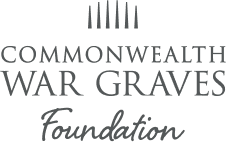19 July 2024
Our highlights from Chalke History Festival 2024
The Commission Public Engagement and Foundation teams were in action again at the very popular Chalke History Festival, which takes place annually near Salisbury. A week-long celebration of history, attended by thousands of visitors and school children, this is the third year we have attended in order to raise awareness of our ongoing work.
Every year we have been able to broaden our offering and the ways in which we can engage with the public and this year was bigger and better than ever! Read on as our team talk about their highlights of the festival.

Harvey Henson (Volunteer Communication Coordinator) tells us about the many opportunities for talking to the public across the week.
The most striking part of Chalke History Festival was the level of positive, informative and emotive conversations which we had with over 1350 visitors across the week. The CWGC tent was set up with a range of information and exhibitions, including the Menin Gate Moments, information about the CWGC in the UK, The CWGF, information on local casualties commemorated in nearby sites and our fantastic stone masons offered visitors the opportunity to have a go themselves; a really popular activity!
Some visitors had little idea of our work, and it was fascinating to hear stories from relatives of people we care for, as well as us being able to inform people of where their relatives are commemorated. Many visitors knew of our larger sites in France and Belgium but were surprised to discover that there are war graves in their local churchyards and cemeteries, in some of which we offer free tours.
All of the interactions that the team had were exclusively positive, in depth, and likely to result in follow up engagement in the form of sharing their relative’s story to For Evermore, booking onto a talk or tour, or becoming a member of the Foundation.

Sarah Nathaniel (Public Engagement Coordinator) discusses the talks given during the week.
Across the week, we gave four talks to interested members of the public. These talks covered a range of topics pertinent to our work and were all very well attended.
On Monday, we gave a talk on our ongoing Non-Commemoration Project, explaining the background to this important work and exploring the recent successes and projects underway. This was followed by two talks across the week on our Recovery & Identification process; always an extremely popular talk with the public who find the investigative aspects of the work fascinating.
Finally, for the first time, we worked in partnership to deliver a talk entitled ‘The Missing Women of the SOE and the CWGC’. In this talk I spoke alongside Dr Kate Vigurs, author of ‘Mission France: The True History of the Women of the SOE’, to explore some of the stories of SOE casualties and the Commission’s many memorials to the missing on which they are commemorated.
All talks were followed by some really interesting questions from the audiences and an opportunity to signpost them to our tent to learn more about the relevance of what we are working to achieve today as well as historically.

Will Reid (Public Engagement Coordinator) explains how we engaged with young people and school groups.
The festival is a brilliant place for anyone to immerse themselves in many different periods and topics of history, and whilst the second half of the week is opened to the public, the first half is visited by schools and colleges from the local area. When they visited our tent, they had a chance to learn about the work of the CWGC, who we care for, and a more unique part of our work - recovering casualties on the former battlefields.
The latter involved an exciting murder mystery style activity which walked them through the work our recovery, commemoration and archives teams do to identify a fictitious casualty. Many brows were furrowed, and pencils chewed as they considered the reliability of each artefact, assessed a skeletal report and looked at a map showing action that had taken place where the casualty had been recovered.
Many young people solved the mystery (even if we helped a little!) and thoroughly enjoyed the time they spent with us. It’s an incredibly important part of our work as an organisation to ensure that young people get the chance to learn about us and those we care for.
Young people are crucial to the future of the legacies we preserve, and we hope that by engaging with our exciting activities that it is a beginning of a new path of discovery.

Abigail Rowlands (Individual Giving Fundraising Officer) tells us why this event is a key one for the Foundation.
Chalke History Festival is always a highlight in the Foundation’s calendar because it is such a great opportunity to talk about our work to such large numbers of people. Thank you to all those who expressed an interest in our membership scheme and for donating to support our projects -and it is always a nice surprise to see our volunteers, members and those who attended our events again!
Find out how you can support our work
Your support will help us engage and educate the next generation of history lovers - helping us share the work of the Commission and keep the stories of those who died during the world wars alive.

